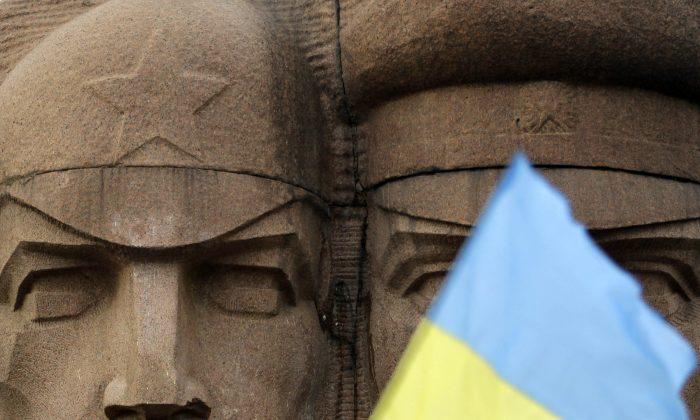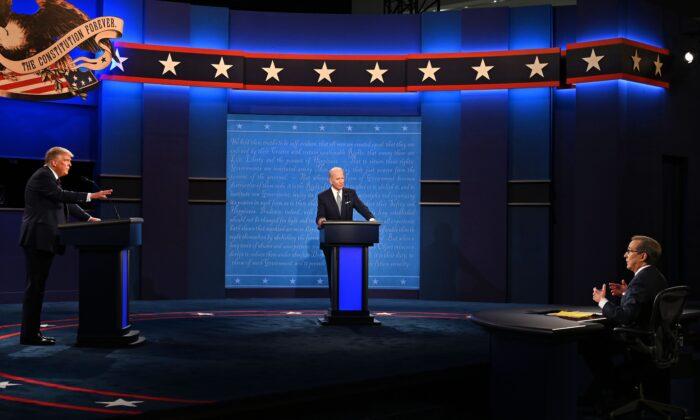With the Olympic flame in Sochi extinguished, all eyes turn to Vladimir Putin’s response to the political upheaval in neighboring Ukraine.
Ukraine is crucial to Putin’s strategy of extending Russia’s power in the region, and as long as the competition in Sochi continued, any intervention by Putin would have been unthinkable.
While Russian athletes won a streak of gold medals over the weekend to put their country at the top of the medal table, the Ukrainian opposition-controlled parliament stripped Russian-backed President Viktor Yanukovych of his power and freed opposition leader Yulia Tymoshenko.
Russian officials have condemned the changes—which also include the passing of an amnesty bill for the protesters and the removal of Russian from the list of official languages.
Russia’s Foreign Ministry issued a statement Sunday saying the opposition in Ukraine violated an agreement reached between protesters and Ukrainian authorities on Feb. 21, by seizing power in Kyiv, refusing to surrender arms, and continuing to rely on violence.
Near midnight Sunday, Russia’s Ministry of Foreign Affairs recalled the Russian ambassador in Ukraine.
The Olympic closing ceremony Sunday night heralded new fears in Ukraine that Putin will use military force to respond to the crisis—likely in Ukraine’s Crimean Peninsula, where Russia’s military and civil interests are at stake.
Crimea, with a population of around 2 million, has a Russian majority of approximately 60 percent, and is home to Russia’s Black Sea naval fleet. It is also one of the last strongholds in East Ukraine’s strong opposition to the current political change. Fears are the Kremlin will similarly respond to this situation as its invasion of Georgia’s breakaway region of South Ossetia in 2008.
Russian law gives Putin the legal ability for such military action. In 2009 Russian Parliament adopted a law introduced by then-President Dmitry Medvedev that gave the state the right to use military force to intervene in other countries where a Russian minority’s “interests and dignity” would be at risk.
The Obama administration warned Putin on Friday against a possible military intervention. In a phone call, President Barack Obama urged Putin to seek a political solution. Obama’s national security adviser Susan Rice said on NBC’s “Meet the Press” Sunday that it would be a “grave mistake” for Russia to use military force in Ukraine.
Kremlin Ties
Putin struck a multibillion-dollar deal with Yanukovych in December, tying him closely to the Kremlin. Ukraine’s opposition leaders said this influence is behind Ukraine’s forceful response to the protesters, which killed dozens in clashes with riot police last week.
The protests in Ukraine were sparked by Yanukovych’s decision to align with Russia and move away from a trade agreement with the European Union last November.





Friends Read Free